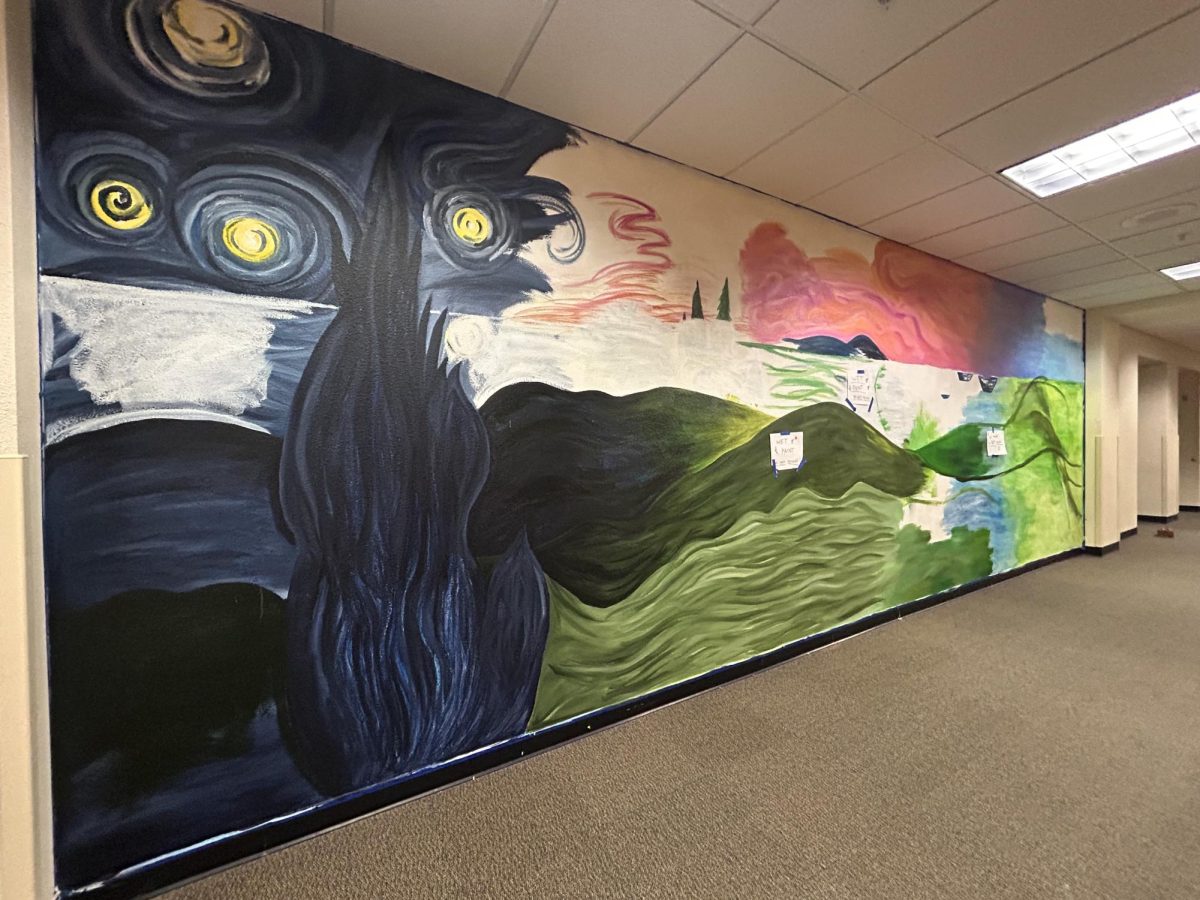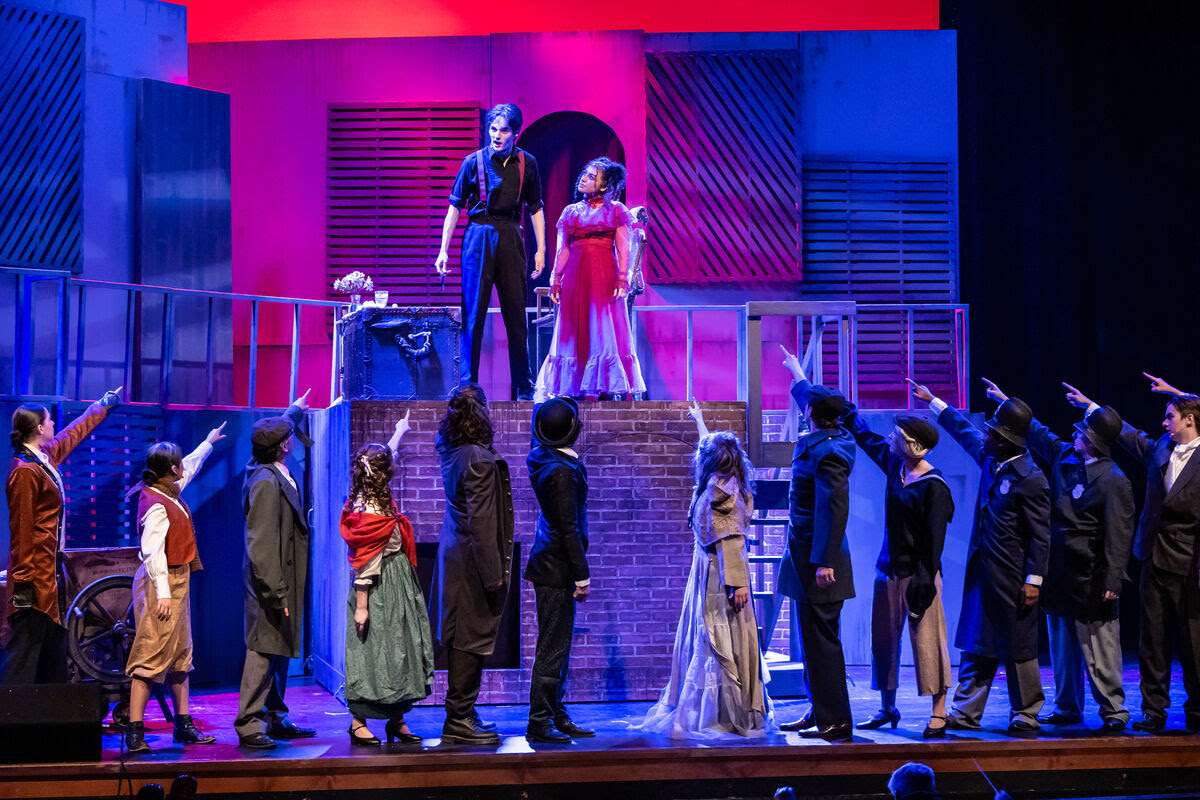Every spring since 1929, The Academy Awards, or the Oscars, have been held in Hollywood—and almost every spring, it’s accompanied by a controversy that casts a large shadow over the celebration. This year, at the 2025 Oscars, the controversy centered on the Academy’s most acclaimed film: “Emilia Perez,” a musical crime-thriller about a Mexican cartel kingpin who retires from the business and medically transitions into a woman. It contentiously received 13 nominations despite the fact that, upon release, it received incredibly mixed reviews. Within Hollywood itself, the film received widespread acclaim alongside generally favorable critic reviews. However, within the Hispanic cultural sector and transgender community, the film was widely panned. LGBTQ+ critics and advocacy groups found the film’s trans representation retrograde, while Spanish media outlets and audiences found its Mexican and Latino representation offensive. The film only ended up winning two of its 13 potential awards: Best Supporting Actress for Zoe Saldaña and Best Original Song for ‘El Ma.’ Upon receiving her Oscar, Saldaña stated on stage that she was “very, very sorry that […] so many Mexicans felt offended. That was never our intention. We spoke from a place of love. I’m […] open to sit down with all of my Mexican brothers and sisters [to have] a great conversation on how [the film] could have been done better.”
The host of the Oscars ceremony this year, however, was a resounding success: beloved comedian, writer, producer, actor and late-night talk show host Conan O’Brien hosted for the very first time. Following a powerful musical performance from the stars of “Wicked,” Cynthia Erivo and Ariana Grande, and after emerging from Demi Moore’s spine “The Substance”-style, his opening monologue was strange, funny and self-deprecating in all the ways only O’Brien can be. The first of many shocks he got out of the crowd happened when he addressed “Emilia Perez” star Sofía Gascón’s resurfaced tweets denigrating George Floyd and Islamic people. Noting that the Best Picture-nominated “Anora” features the “f-word” 476 times, O’Brien said that that number was only “three more than the record set by Sofia Gascón’s publicist,” while miming her anxious publicist on a phone call. Afterward, the flock of celebrities in front of him gasped. He also subtly joked about the drama surrounding the use of generative AI in the 10-time-nominated historical epic “The Brutalist”: “We did not use AI to make this show . . . We would never do that. We use[d] child labor.”
In a decision that rendered Timothee Chalamet’s aggressive Oscar campaigning efforts for “A Complete Unknown” futile, lead actor of The Brutalist Adrien Brody won Best Actor for his performance as architect László Tóth. However, his speech accepting this award was not received as well as the film. For a record-setting five minutes and 36 seconds, Brody gave a speech almost unanimously heralded as far longer than it needed to be. Drawing even more negative attention to himself, he recreated his impromptu kiss with Halle Berry at the 2003 Oscars in front of his wife right afterward on the red carpet.
While the Oscars this year felt almost entirely overshadowed by its controversies, this made its wholesome moments even sweeter. “Blue Velvet” superstar Isabella Rossellini donning a blue velvet gown was a wonderful allusion to the late director David Lynch, the aforementioned performance by Ervio and Grande was astounding and “Anora” director Sean Baker’s four Oscar wins—one of which being for Best Picture—was a massive moment for independent filmmaking.
Although Americans have grown increasingly tired of, as David Foster Wallace put it in 1998, “watching an industry congratulate itself on its pretense that it’s still an art form, of hearing people in $5,000 gowns invoke lush clichés of surprise and humility scripted by publicists,”, when audiences choose to tune in, the Oscars shouldn’t make the innate waste of time even worse. Let’s hope next year’s acceptance speeches are shorter and don’t have to include apologies.







